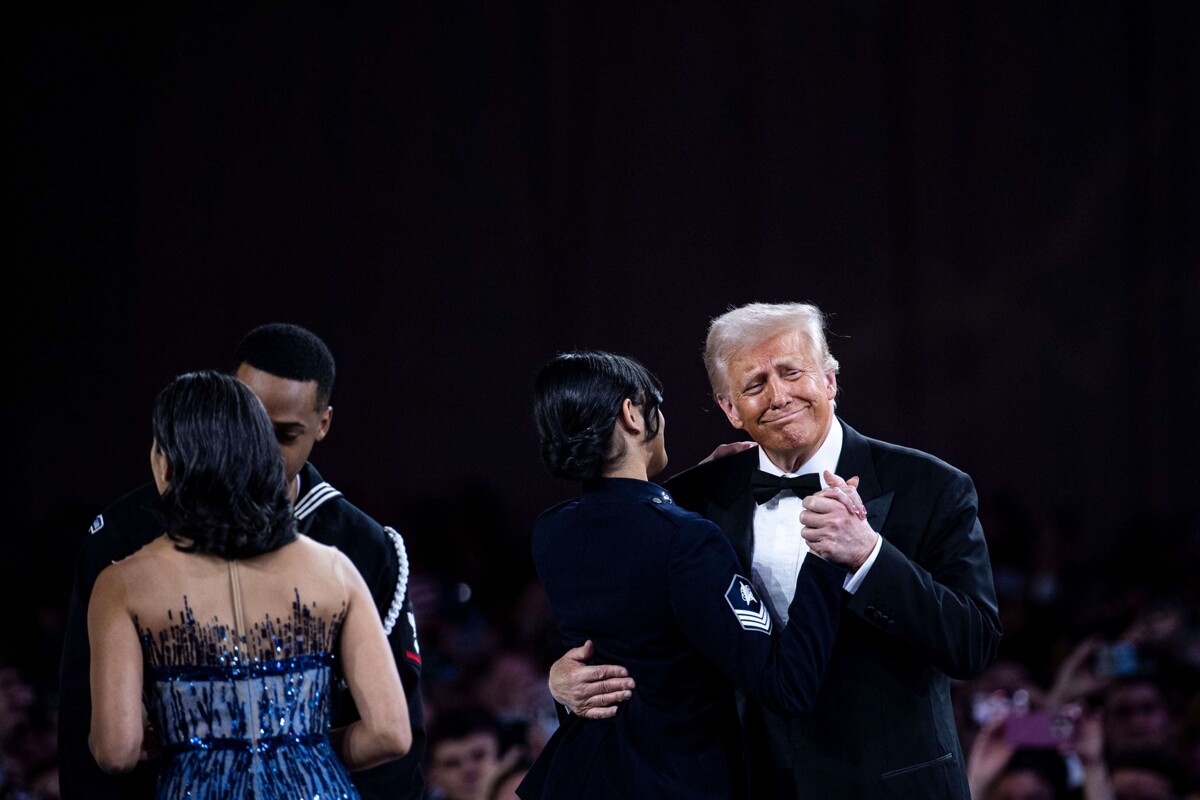
Mexico must prepare for the second term of President Donald Trump with clear strategies to maintain its relevance as a key partner of the United States. This was emphasized by Juan Francisco Torres Landa Ruffo, a commercial and financial partner at Hogan Lovells. Torres highlighted the importance of the Claudia Sheinbaum government being proactive in the face of Trump's executive orders against Mexico, such as the possible classification of drug cartel organizations as terrorist organizations.
"This dog barks and bites, it doesn't just stay in words," Torres stressed, warning that such a measure could impact areas like money laundering, asset sanctions, and trade relations between both nations. He emphasized the need for Mexico to have representation in Washington, DC, especially during threats like Trump's possible tariff sanctions.
The statements come in the context of Trump's announcement to impose a 25 percent tariff on Mexico and Canada, both trade partners in the USMCA, starting February 1. Torres Landa explained that the next 90 days will be crucial, as Trump's cabinet will evaluate the economic repercussions and define strategies during that time. He insisted that Claudia Sheinbaum's administration must be involved in this process to minimize economic risks.
On the other hand, Alfredo Coutiño, director for Latin America at Moody's Analytics, pointed out that Trump's trade policies will impact foreign direct investment in Mexico, especially regarding the nearshoring phenomenon. Economic uncertainty and the possible imposition of tariffs could hinder future investments in the country. Coutiño also mentioned that corporate tax cuts in the U.S. will decrease Mexico's fiscal competitiveness.
In this context, the recent constitutional reforms in Mexico could pose an additional challenge for attracting investment to the country, according to Coutiño. Nevertheless, he emphasized that Mexico must defend its sovereignty and independence. Claudia Sheinbaum stated that while there may be cooperation on security issues with the U.S. against drug cartels, this will always be done respecting Mexican sovereignty. Furthermore, any action implemented will focus on combating organized crime, without compromising the autonomy of the country.














